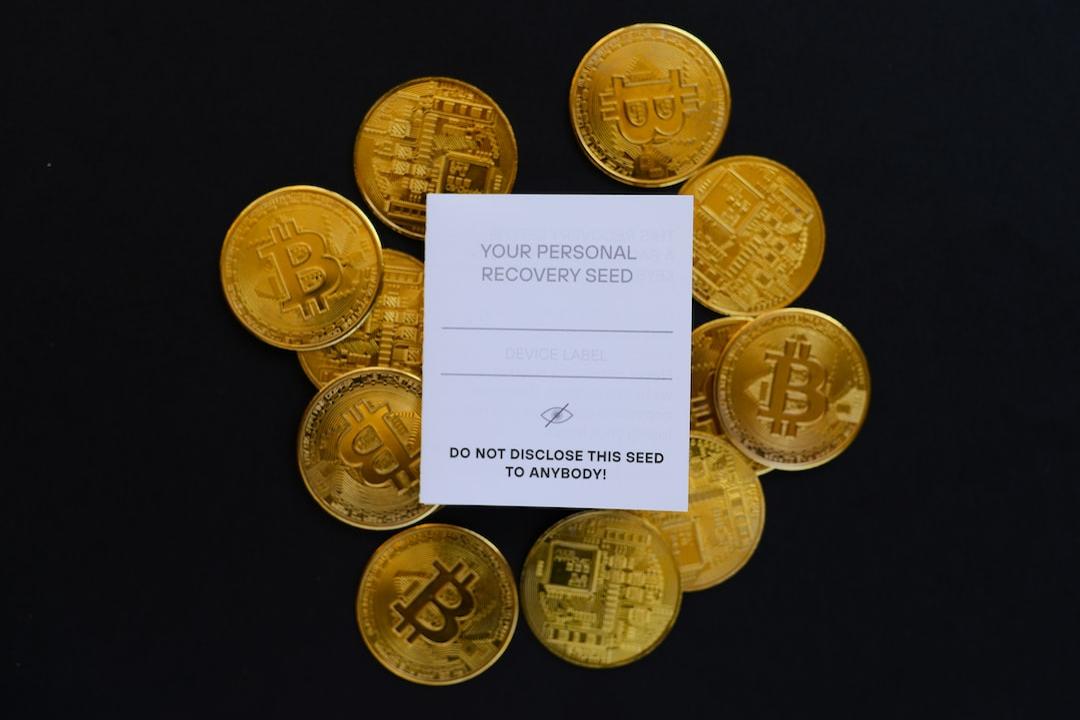The reorganization plan for bankrupt cryptocurrency exchange FTX, which is currently undergoing bankruptcy proceedings, came into effect on January 3rd, allowing users to start receiving repayments.
In a post on January 3rd, FTX debtors warned users to be cautious of phishing emails that appear to be sent from the exchange.
To be eligible for reimbursement, customers must have filed a claim through the official website. FTX stated that this process should be completed within 60 days for the first group.
According to the FTX plan, an initial group called “convenience classes” will be the first to receive repayments. This group includes users who have claimed $50,000 or less. The plan, which was approved in October, stated that 98% of FTX users can expect to receive 119% of the declared value of their funds.
Repaying users could mark the end of the FTX saga, which began with the exchange filing for bankruptcy in November 2022 and led to some executives being imprisoned for defrauding users.
At the time of publication, Cointelegraph was unable to find any users who reported receiving funds from the reorganization plan.
Not all FTX users are in agreement with the plan. Many creditors have criticized the decision to reimburse claimants based on the prices of cryptocurrencies held by the exchange at the time of bankruptcy in 2022. The price of Bitcoin (BTC) has increased by over 400% in two years and was $98,697 at the time of publication.
Out of the FTX executives charged during the exchange’s collapse, only two managed to avoid prison time: former engineering director Nishad Singh and co-founder Gary Wang. Former FTX CEO Sam “SBF” Bankman-Fried, former Alameda Research CEO Caroline Ellison, and former FTX Digital Markets co-CEO Ryan Salame have all been sentenced to years in prison. However, SBF has filed an appeal against his conviction.
Crypto firms BitGo and Kraken announced in December that they would assist in distributing recoveries to FTX users. If all users submit complete claims, the exchange is expected to pay out approximately $16 billion.


